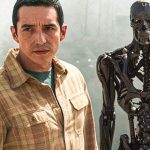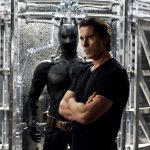🎬 The Godfather Part II: A Masterpiece of Crime, Power, and Family Legacy (1974)
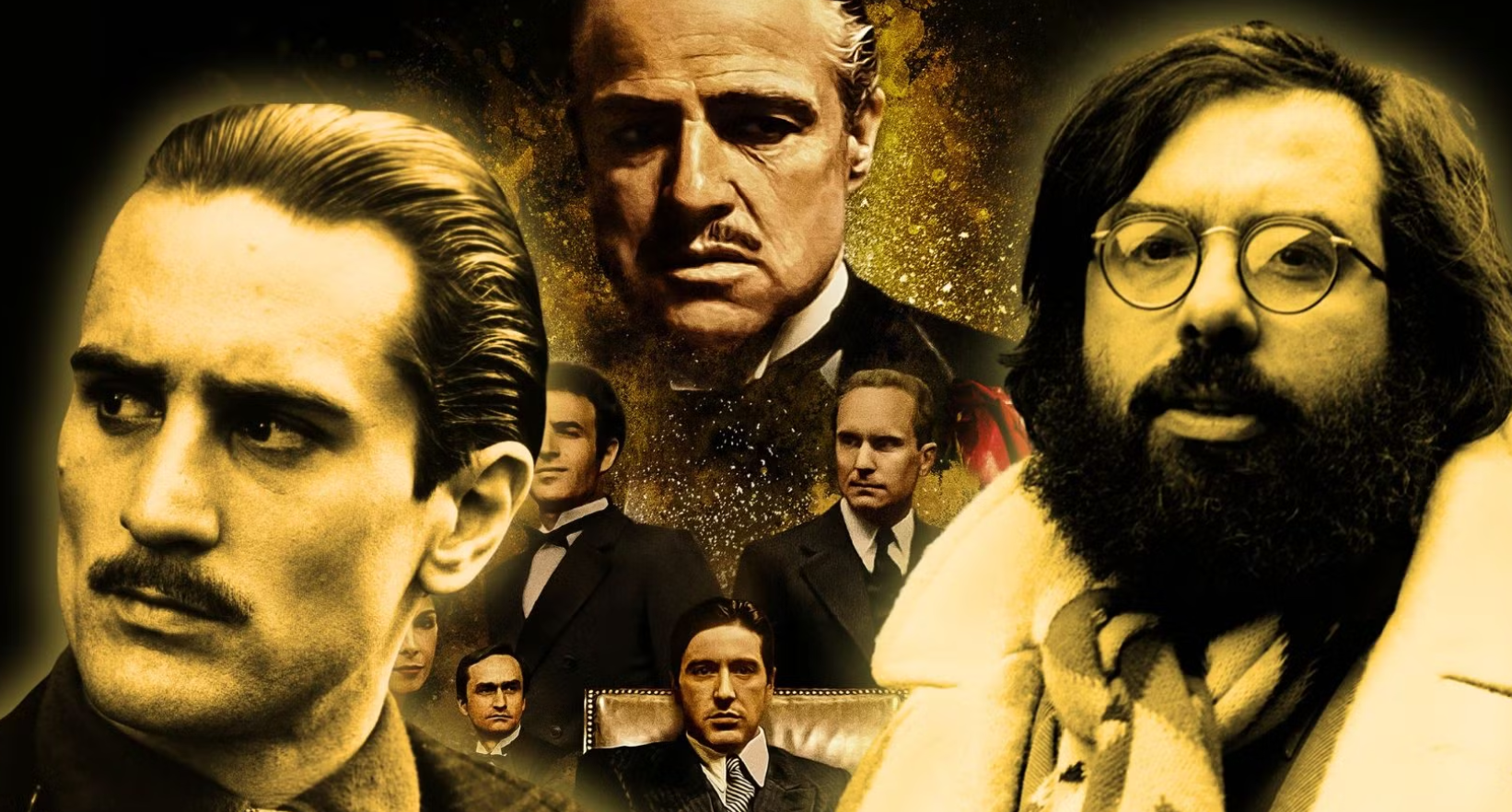
Directed by Francis Ford Coppola, The Godfather Part II (1974) is an iconic sequel and prequel that expands upon the saga of the Corleone family, juxtaposing Michael Corleone’s present-day reign as head of the family with the rise of his father, Vito Corleone, years earlier. Starring Al Pacino and Robert De Niro, this film is a layered exploration of family loyalty, ambition, and the corrupting influence of power. With its complex narrative structure and exceptional performances, The Godfather Part II is widely regarded as one of the greatest films of all time, setting a gold standard for sequels in cinema history.
💼 Plot Overview: Two Stories of Power and Legacy
The film weaves together two timelines: the 1950s, where Michael Corleone (Al Pacino) navigates the challenges of expanding his empire, and the early 20th century, detailing the rise of a young Vito Corleone (Robert De Niro) after he immigrates to New York from Sicily.
In the present, Michael faces threats from outside enemies and betrayal within his own family, all while attempting to legitimize the Corleone empire. As he deals with betrayal and violence, his once-idealistic vision fades, leading him further down a path of isolation and ruthlessness. Meanwhile, through flashbacks, we see young Vito’s journey from a poor immigrant to a respected, feared crime boss, showcasing his rise as the original patriarch of the Corleone family.
These parallel stories reflect the contrasts and similarities between father and son: Vito’s empire was built on community loyalty and respect, while Michael’s rule becomes increasingly fraught with paranoia and moral compromise.
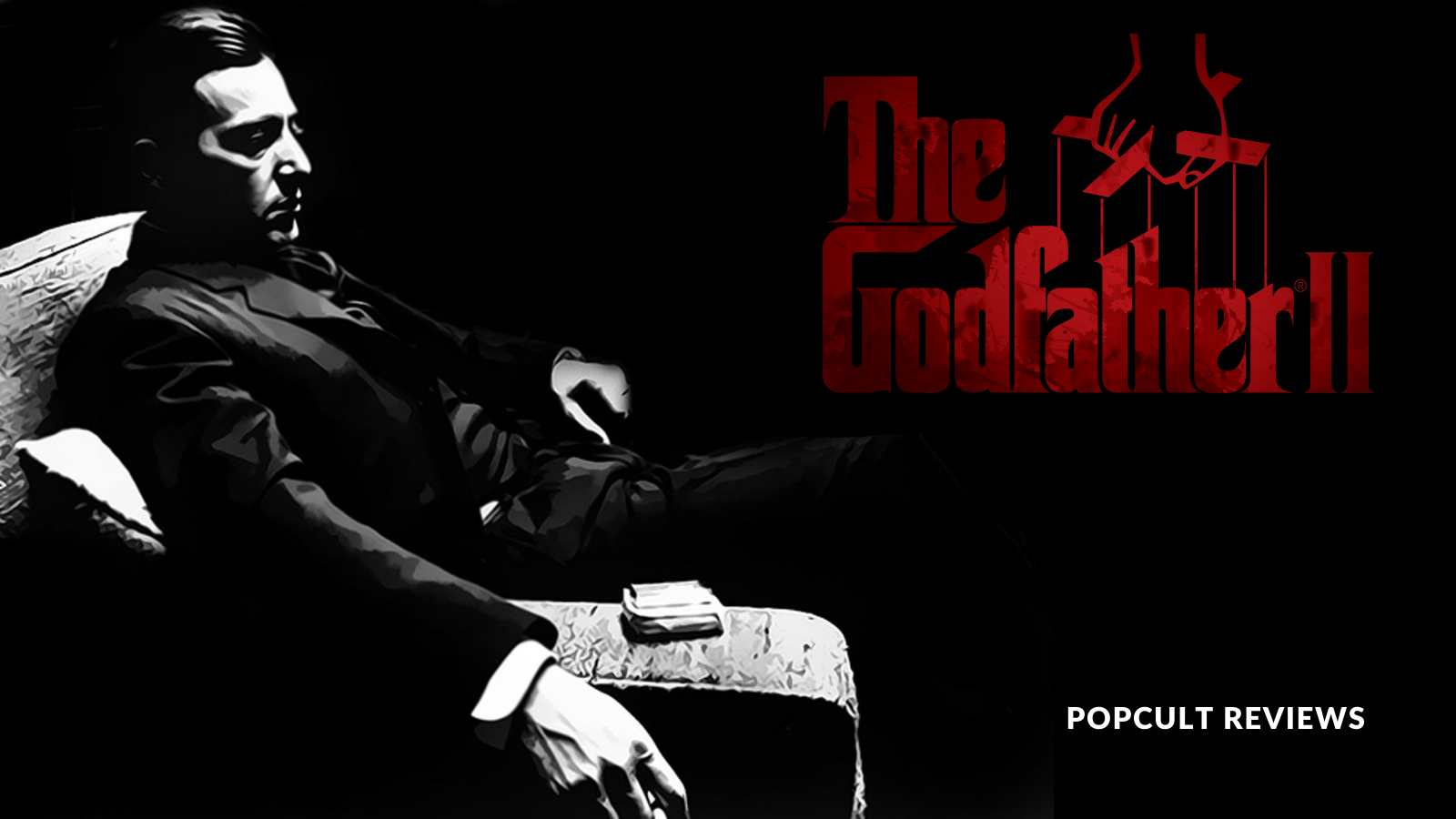
🎭 Outstanding Performances and Complex Characters
- Al Pacino as Michael Corleone: Pacino delivers a powerful, nuanced performance, capturing Michael’s transformation from a calculating leader to a paranoid, increasingly isolated figure. His descent into darkness and emotional turmoil make Michael both a tragic and intimidating character, showcasing Pacino’s depth and range.
- Robert De Niro as Young Vito Corleone: De Niro’s portrayal of young Vito earned him an Academy Award, brilliantly capturing the calm strength and sharp instincts of the man who would build the Corleone empire. De Niro’s performance as Vito is subtle yet compelling, conveying a sense of honor and cunning that contrasts with Michael’s colder approach to power.
- Supporting Cast: Diane Keaton as Kay, Michael’s wife, provides a heart-wrenching portrayal of a woman struggling with the moral decay of her husband. John Cazale as Fredo Corleone adds depth to the family drama, portraying a man caught between loyalty and resentment, leading to one of the film’s most iconic moments of betrayal.
🎥 Atmospheric Cinematography and Immersive Period Detail
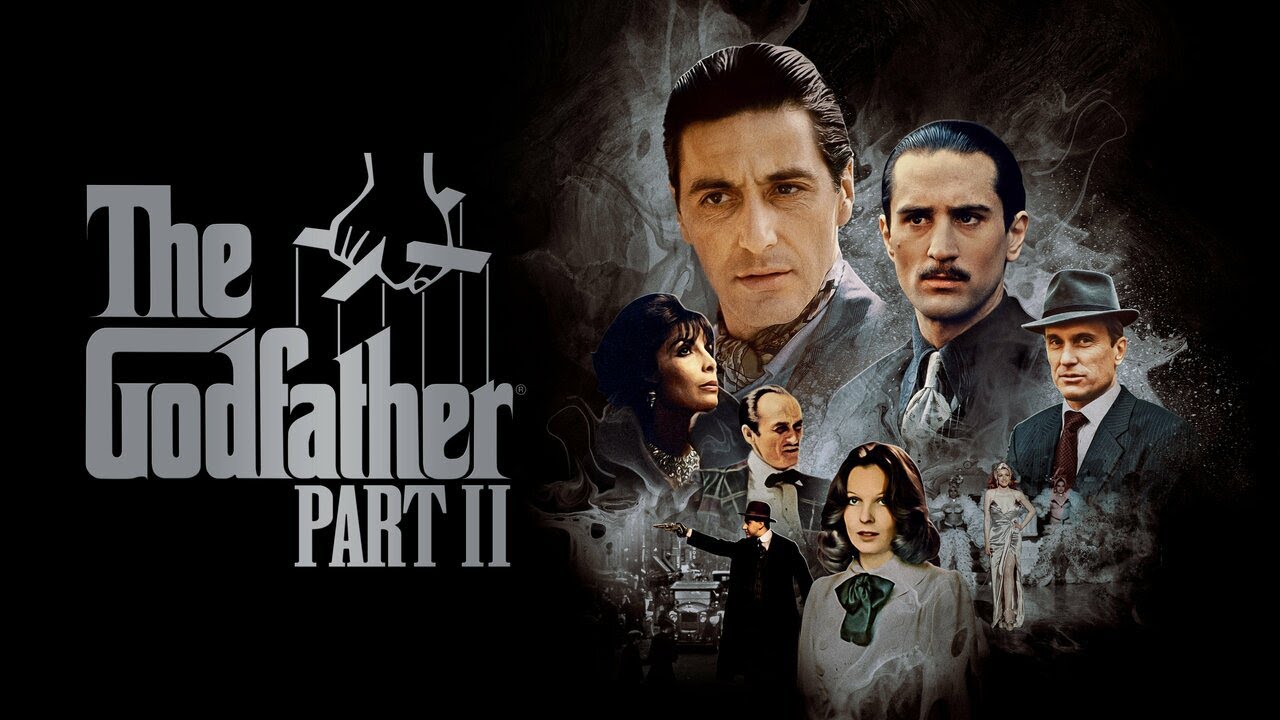
The Godfather Part II is visually immersive, with Gordon Willis’s cinematography capturing both the opulence and darkness of the Corleone world. The scenes in Sicily and New York’s Little Italy during the early 20th century are rich with period detail, from costume design to the vibrant Italian community that shaped Vito’s values. In contrast, the scenes set in Michael’s Lake Tahoe estate are cold and foreboding, reflecting his growing isolation and moral corruption.
Coppola’s use of lighting and shadow accentuates the film’s mood, with the Corleone family’s dark dealings often unfolding in dimly lit rooms, emphasizing the themes of secrecy and power. The film’s iconic score by Nino Rota deepens the emotional gravity, blending haunting and beautiful melodies that reflect both the Corleone legacy and the tragic fate of its members.
💡 Themes of Family, Power, and the Consequences of Ambition
The Godfather Part II dives deep into themes of family loyalty, power, and the corrupting influence of ambition. Michael’s ruthless decisions to secure his empire come at the cost of his humanity and relationships, most notably his alienation from his wife, Kay, and his betrayal of his brother, Fredo. The film questions whether one can hold onto power without losing their soul, as Michael’s pursuit of security ironically leads to isolation and loss.
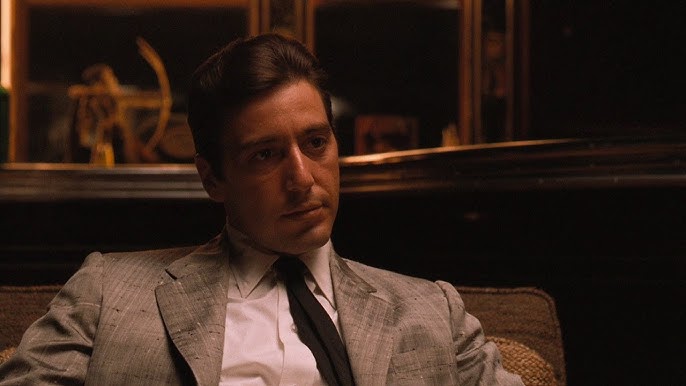
The story also explores the American immigrant experience, with young Vito’s rise reflecting the opportunities and challenges faced by immigrants in early 20th-century America. Vito’s loyalty to his community contrasts with Michael’s detached approach, underscoring how the values of one generation can become distorted in the next.
🎬 Film Details:
- Title: The Godfather Part II
- Director: Francis Ford Coppola
- Release Date: December 20, 1974
- Cast: Al Pacino, Robert De Niro, Diane Keaton, John Cazale, Talia Shire, Lee Strasberg
- Genre: Crime, Drama
- Runtime: 3h 22m
- Notable Aspects: Dual storyline, layered performances, exploration of family and power, iconic cinematography
🏆 Final Verdict: A Cinematic Triumph and Timeless Exploration of Power

The Godfather Part II is a monumental achievement in storytelling, acting, and visual artistry. Through the tragic arcs of Michael and Vito Corleone, the film captures the complexity of family, the cost of ambition, and the dark allure of power. With Coppola’s masterful direction and memorable performances, particularly from Al Pacino and Robert De Niro, The Godfather Part II is not only a worthy successor to the original but a cinematic masterpiece in its own right. It remains an essential watch for anyone who appreciates richly layered drama and timeless tales of power, family, and fate.



